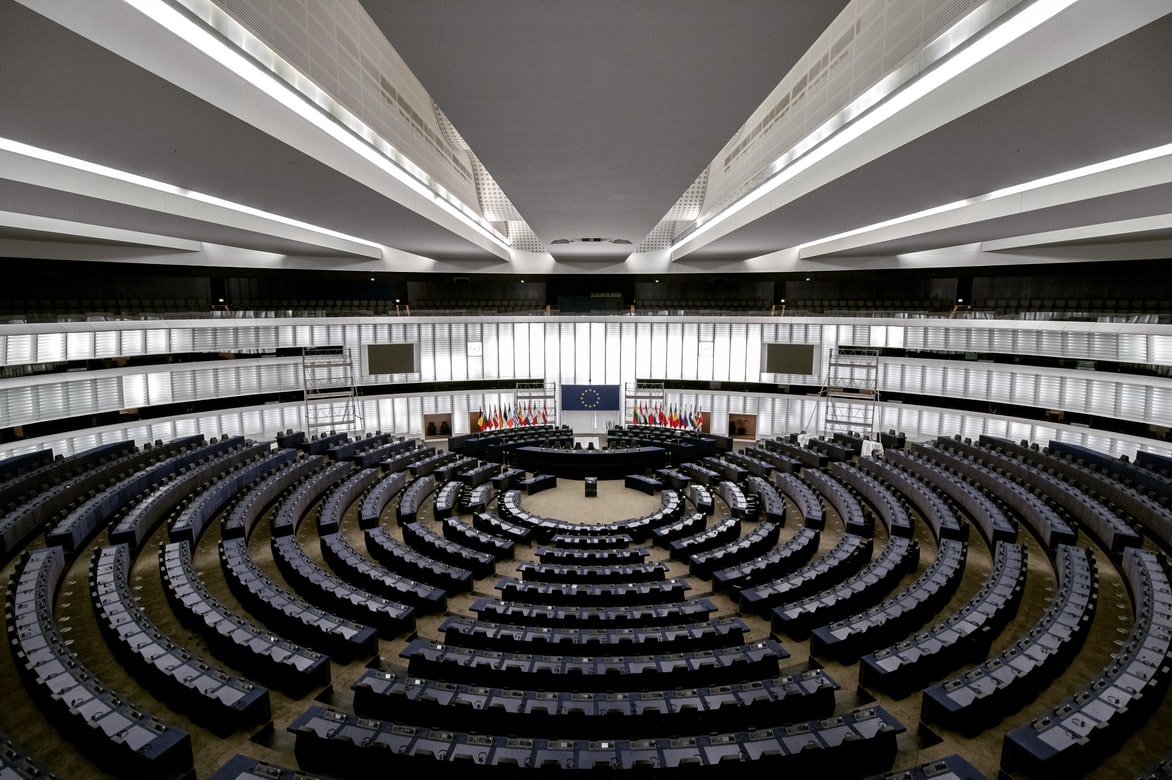Cannabis policy innovations and the challenges for EU coordination in drug policy
Author:
Constanza Sánchez Avilés
Journal:
American Journal of International Law
Year:
2020
About the study
Drug policies in the European Union have not included positions on the regulation of cannabis, making it difficult for them to speak with one voice in this field. Member states implement divergent approaches to drug control, with a lack of consensus regarding drug policy reforms.
In practice, there is a wide range of cannabis policies within the European Union, ranging from de jure decriminalization in Portugal and the Czech Republic, to a strict prohibition in Sweden, and include different levels of de facto decriminalization in Spain, Belgium, the Netherlands, and Germany.
Finally, for new ideas to emerge about how the European Union could take a common position, it is important to encourage the debate about what has worked, and what has not, among drug policies in the different countries. Thus, drug policy diversity presents an opportunity for the EU to innovate in the drug control regime in a number of ways.
Excerpt
“In the past decades, Europe has been the site of multiple drug policy innovations and cannabis policy experimentation. Most of the policy reforms in this area are taking place at the national and subnational levels. They have not resulted from agreements or harmonization initiatives at the EU level, but rather from bottom-up adoption of cannabis policies and practices that deviate from punitive approaches. Cannabis regulation has been only marginally debated by European institutions and is not discussed in depth in any EU document. On the one hand, the diversity of European drug policies is a positive development: it serves as a policy laboratory and reflects adaptations to local contexts in light of drug market-related challenges. On the other hand, a greater EU consensus would be helpful for policy coordination and international engagement.”
Photo by Frederic Köberl on Unsplash.
Categories:
Studies & papers
, Cannabis
, Drug policies
Tags:
cannabis
, study
, drug policy
, cannabis legislation
, European Union
, cannabis policy

